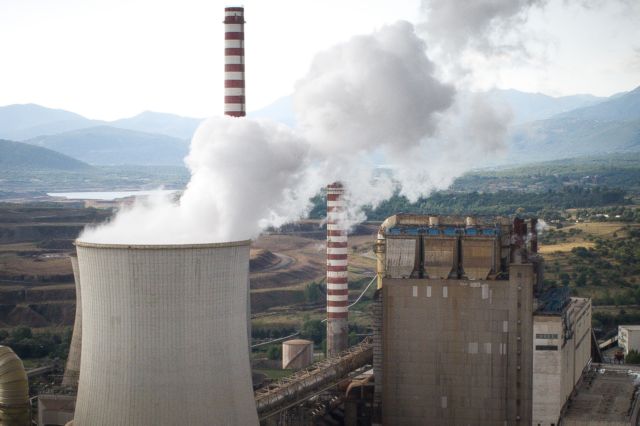
PPC is “paving” the ground for the next day of the Thermal Power Station of Kardia, after the final shutdown of its four units for about two and a half years, as part of the delignitization program. Just yesterday, the competent Department of Environmental Licensing of the Ministry of Environment and Energy (YPEN) approved the restoration study of part of the premises of the four lignite units (I, II, III and IV), with a total area of 320 acres, giving the go-ahead for the demolition of the country’s first lignite plant, the Kardia Thermal Power Station.
The demolition
In fact, in one year from today, i.e. approximately half a century after the operation of its first two units, according to PPC sources, it is expected that the first “bulldozers” will enter and the demolition and removal of building infrastructure will begin. These include the units’ four cooling towers, four chimneys and four lignite conveyors, boiler rooms, lignite substations, the three ash silos of units III and IV, yard storage and lignite silos and many other infrastructure units.
Bidding
There will be two tenders for the study that will set the specifications of the project and the selection of the contractor that will undertake the demolition. The company’s plan – which it keeps as a … tightly sealed secret – includes the creation on the area currently occupied by the four lignite units of an innovative technology hub.
Storage with capacitors
One of the innovations that will be implemented is the conversion of the generators of the “Kardia III” and “Kardia IV” units into modern capacitors in order to offer services to the electricity transmission network (power and voltage regulation, electricity storage). It is a form of energy storage, necessary to support the country’s electrical system from the problems of overvoltages that have begun to appear due to the high penetration of RES (Renewable Energy Sources). For their installation, PPC has already received environmental conditions since the beginning of May, while, as reported to OT, by company executive, it has submitted a relevant file to IPTO (Independent Power Transmission Operator) in order to obtain conditions for connection to the electricity grid .
Compensation
However, as the same source mentions, the “scope” of the lack of a relevant regulatory framework for compensating the business should also be overcome. After all, the modern capacitors that will be installed in Kardia will be the first in the country to provide critical services for the stability of the system. A proposal will probably be formulated by IPTO to the Waste, Energy and Water Regulatory Authority (RAAEF) to establish a new regulatory framework regarding capacitors.
At the same time, the tender for the study, supply, installation and operation of the project is underway, which will be put into operation 15 months after the signing of the contract with the contractor. The generators of Units III and IV, which will be converted to synchronous capacitors, will run on electricity from the grid, while four emergency generating sets will be installed, as well as an auxiliary steam boiler that consumes diesel oil.
The facilities of the boilers and the district heating pump station of Ptolemaida are also located within the area of the Kardia Station. In the future, the High Efficiency Combined Heat and Power Plant (CHP), with a budget of 80 million euros, with an installed capacity of 105.34 MW (megawatts) and a thermal capacity of at least 65 MWth (thermal megawatt hours), natural gas boilers and a new district heating pump station will be installed. as well as the necessary infrastructures for its connection to the National Electricity Transmission System (ESTMIE). All these units are already environmentally licensed or are in the planning stage and will be licensed in the future.
Latest News

Deadline for Postal Vote Registration Expires on Mon.
More than 157,000 Greek citizens had registered on the relevant online platform so far

Orthodox Palm Sunday Today; Shops Open in Greater Athens-Piraeus Area
Orthodox Holy Week begins on Monday, April 29, and ends on Sunday, Easter Sunday or Great and Holy Pascha (May 5)

Greek Retailers Remain Optimistic About Easter Shoppers’ Turnout
While stores are expected to be open on Sunday, April 28, the majority of Easter shoppers will likely do their shopping during the Holy Week, following the deposit of Easter bonuses

Europeche: Greek Apricot Production Recovers
Europeche forecasts the production will bounce back despite a slight decrease in varieties attributed to high winter temperatures

Bank of Greece (BoG): Business-Household Deposits Up 1,675bln in March 2024
In March 2024, the monthly net flow of credit to the general government was negative by 469 million euros

FT: Greece’s Economic Rebound a Balance of Growth and Poverty
Eurostat data revealed a significant 10.8% drop in Greek public debt relative to GDP in 2023, alongside a 2% economic expansion, outpacing Germany's performance.
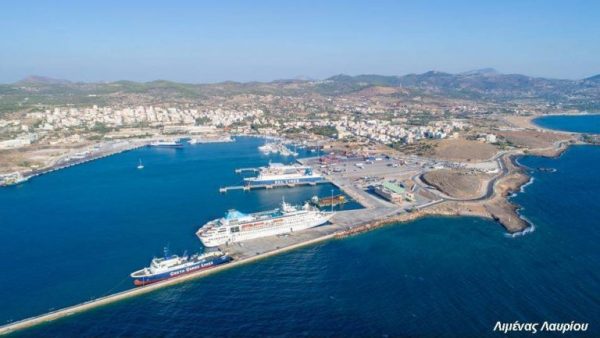
Lavrio Port Authority Next Up for Privatization
A deadline for the submission of expressions of interest is May 14, 2024

Eurostat: Greece Records Largest Drop in Natural Gas Prices in 2nd Half of 2023
The price of electricity and natural gas in Europe was down following a substantial surge that began before the Russian invasion of Ukraine and peaked in 2022
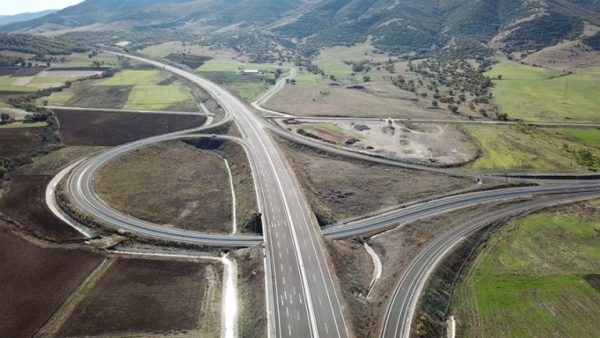
GEK TERNA Still Considers Leveraging Concessions Portfolio as Financial Tool
President and CEO of Gek Terna George Peristeris explained the company's plans on Tuesday on the sidelines of the inauguration of sections of Greece's E65 highway

NielsenIQ: 3% Supermarket Revenue Increase in Q1
Private label products are gaining traction, comprising 25.4% of shopping basket shares, up from 24.7%


































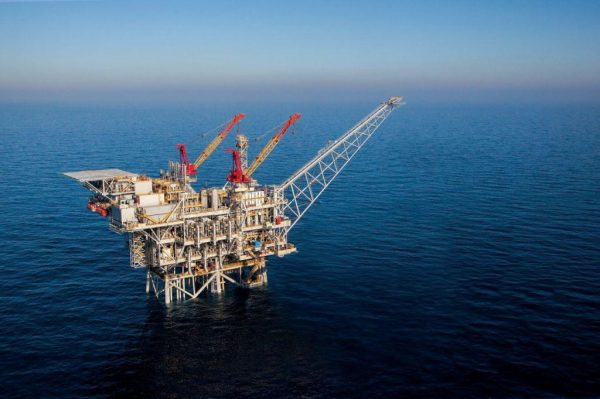
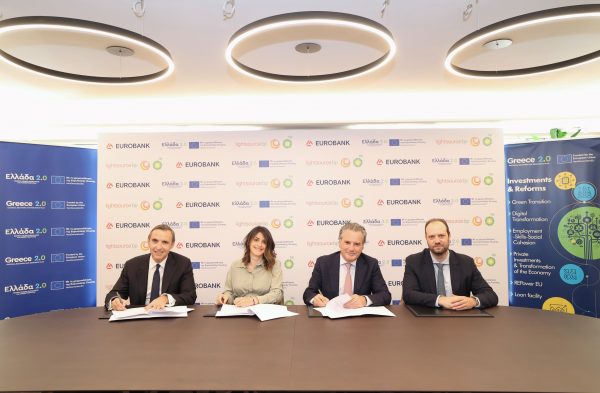
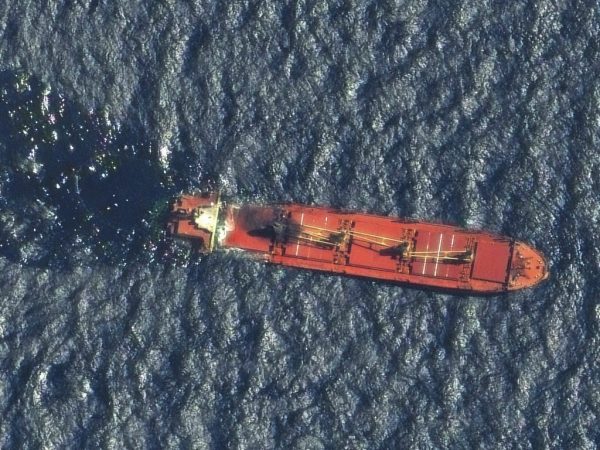






 Αριθμός Πιστοποίησης Μ.Η.Τ.232433
Αριθμός Πιστοποίησης Μ.Η.Τ.232433